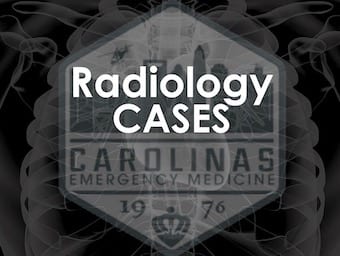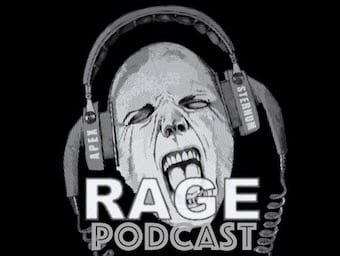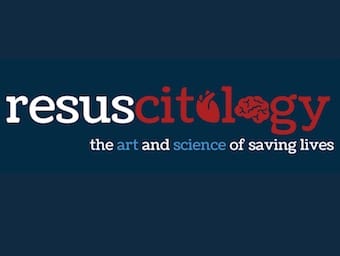
Adult CXR Cases 002
December Adult Emergency Medicine Chest X-ray interpretation with Alyssa Thomas, MD and Claire Milam, MD

December Adult Emergency Medicine Chest X-ray interpretation with Alyssa Thomas, MD and Claire Milam, MD

Austin Talley Moore (1899–1963) was an American orthopedic surgeon. He was a pioneer in the use of the femoral-head prosthesis and Vitallium

Fournier gangrene - a fulminant polymicrobial necrotizing fasciitis affecting the perineal or genital regions. Alfred Jean Fournier (1883)

Pediatric Emergency Medicine Chest X-ray interpretation with Jennifer Potter and Nicholena Richardson

Richard von Volkmann (1830-1889) German surgeon, author of poetry and fiction. Multiple eponyms including Volkmann’s ischaemic contracture

November Adult Emergency Medicine Chest X-ray interpretation with Alyssa Thomas, MD and Claire Milam, MD

November Adult Abdominal imaging cases and interpretation with Isolina R. Rossi, MD, Brian P. Shreve, MD and Kyle Cunningham, MD

By the end of the lesson, participants will have learned about the anatomy of the aortic valve with reference to TEE aortic valve.

Garrett Pipkin (1904-1981) was an American orthopedic surgeon. Eponymously affiliated with the Pipkin classification of femoral head fractures

Cliff Reid, Geoff Healy, and Chris Nickson discuss a fictionalised case from the Resuscitology course: "Oncology Patient in Resus", including airway management and failure of video laryngoscopy, and the challenges of resuscitation in the context of potentially terminal illness.

A quick update on the upcoming Resuscitology courses in Sydney and Melbourne in 2019.

Transesophageal Echocardiography Essentials course with consultant cardiologist Andrew R. Houghton. By the end of the lesson, participants will have learned about the anatomy of the mitral valve with reference to TEE imaging.